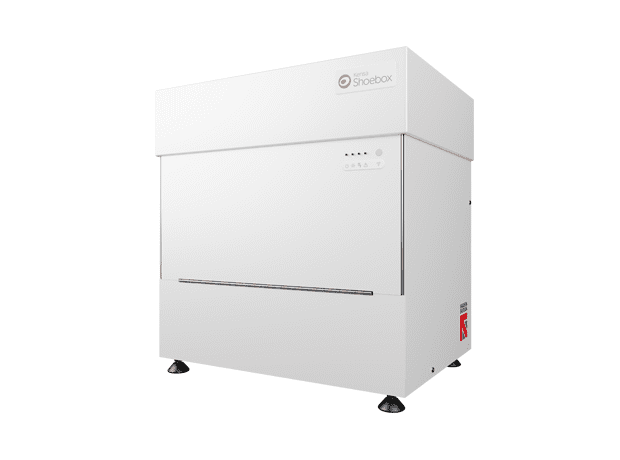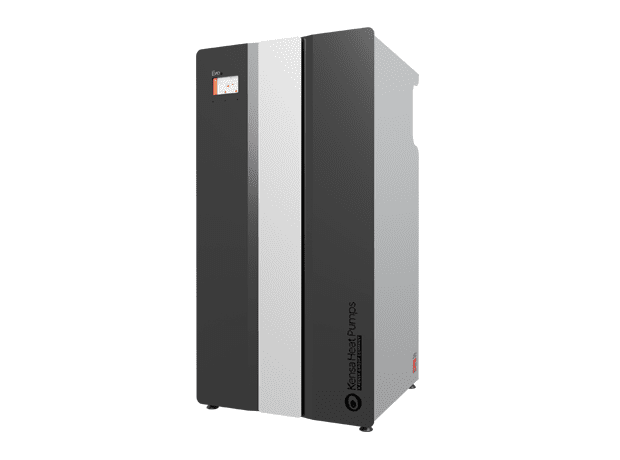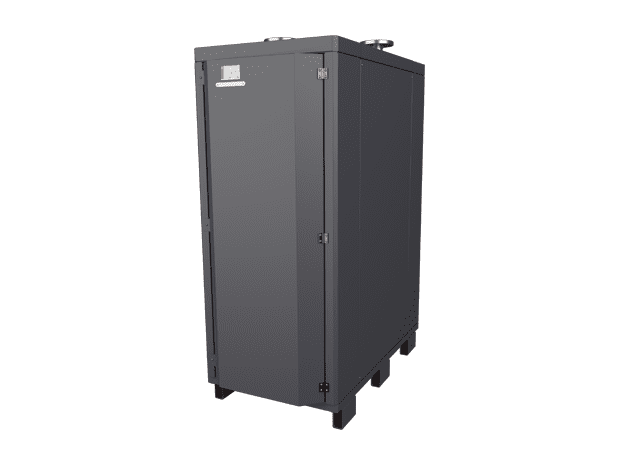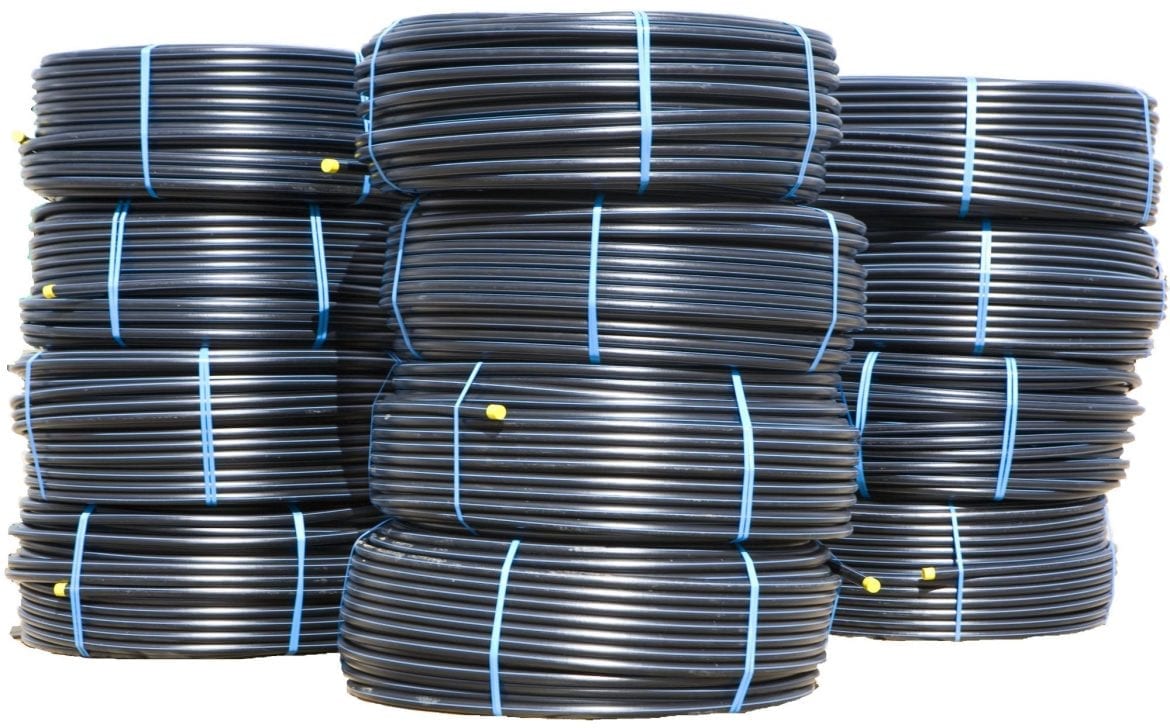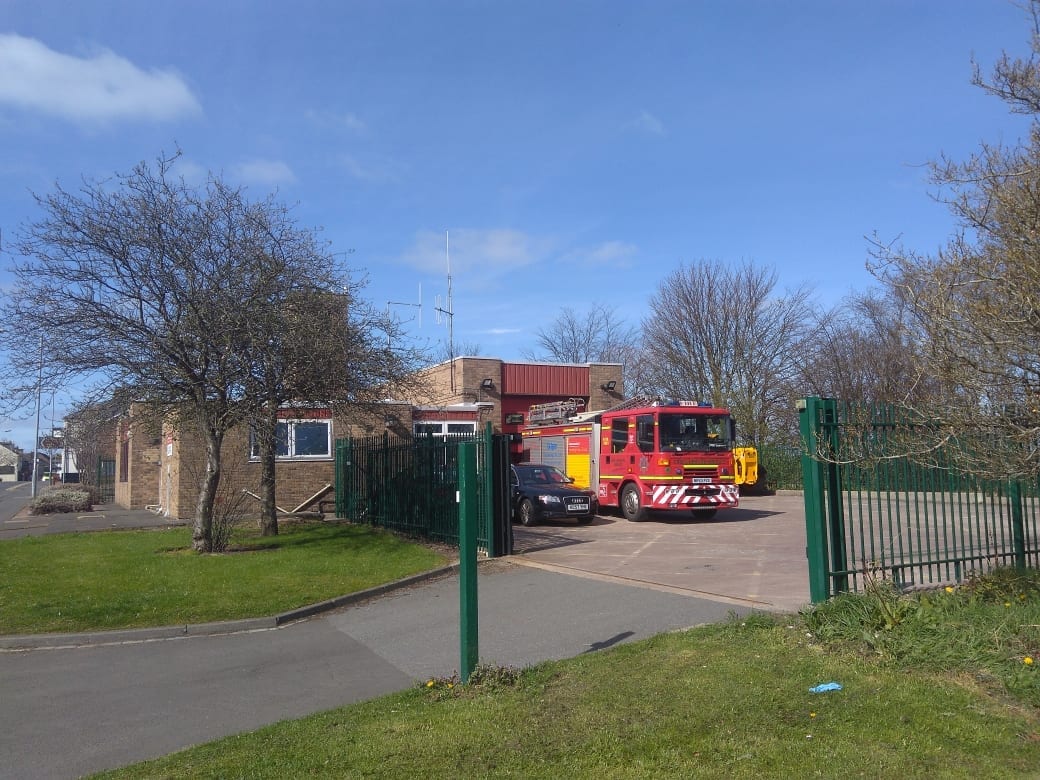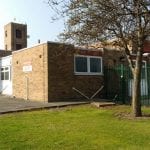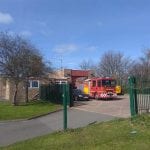This Summer witness Northumberland County Council‘s first ground source heat pump project with Kensa Heat Pumps as they retrofit ground source heat pumps into three fire stations operated by Northumberland Fire and Rescue Service.
You can keep up to date with the project’s key milestones via regular blog updates here.
Over the coming months we will bring you live updates as they happen at each site, including:
- Drilling of the boreholes
- Trenching and headering
- Internal plumbing works
- Heat pump installation
- System commission
- System handover
The project:
Kensa was appointed to Northumberland County Council’s “Framework Agreement for Microgeneration” in September 2016. The council intends to install a number of ground source heat pumps over the next few years to improve the energy efficiency of its buildings and reduce its energy costs. Kensa is looking forward to developing a successful partnership with Northumberland County Council over the next few years.
The first project that Northumberland County Council have awarded to Kensa is to design and install ground source heat pump systems in three of the fire stations operated by Northumberland Fire and Rescue Service. The Fire stations are located at Prudhoe, Amble and Seahouses. Kensa is the principal contractor for the project.
Currently all three fire stations are heated by a combination of electric night storage heaters and electric panel or fan heaters. These heaters are coming to the end of their useful life and need replacing to improve the comfort of the occupants working in these buildings. Additionally, energy costs are high for these buildings. Northumberland County Council were keen to install ground source heat pumps to reduce their energy bills and also take advantage of the Non-Domestic Renewable Heat Incentive (RHI: this scheme has now closed – please visit this page to explore other funding) which will provide an income for the next 20 years to offset the initial capital cost of the systems.
Progress so far:
Design stage
Detailed site surveys were carried out at each of the fire stations to check suitability for ground source heat pumps. Design parameters including internal air temperatures and occupancy patterns were agreed with the Fire Service to ensure our design will meet the needs of the building users. We then carried out room by room heat loss calculations to allow correct heat pump and heat emitter specification.
As soon as the heat loads were calculated, we carried out a detailed borehole design. The borehole design includes a desk top search of historical borehole records in the area and utilises information from the British Geological Survey and Environment Agency. During these searches, it became clear that all three fire stations lie within the “Coal Authority Reporting Area” and are historically undermined. Permission was applied for and granted by the Coal Authority who made us aware of the expected workings under or nearby each site.
Once all the information is collated the ground loops are designed to MCS standards to ensure that the ground array will not drop below 0°C over the course of 20 years. Further calculations were performed to ensure the correct ground side circulation pump was specified to ensure sufficient flow would be present across the heat pump.
We also applied to the local DNO to seek permission to install ground source heat pumps into all three fire stations. Permission was granted with no requirement to upgrade the incoming electrical supply to the building.
Sub-contractors
Kensa has appointed two local companies as their sub-contractor. Both companies have worked with Kensa in the past and it is a partnership with a wealth of experience. Geodrill Ltd have been appointed as the specialist borehole drillers who will be responsible for all ground works. Oakes Energy Services Ltd have been appointed as the heating engineers who bring their wealth of experiencing installing Kensa Heat Pumps.
Project Schedule
Kensa have developed a project schedule that should allow the three fire stations to be completed one after the other. Drilling will commence at Prudhoe, then move to Amble and finally Seahouses. The groundworks to complete the trenching and headering will start at Prudhoe once the drilling rig has left site and then continue to Amble and Seahouses. Finally, the installation of the heat pump and new internal heating system will commence once all ground works are completed and will follow in the same order. It is hoped that all fire stations will be up and running during by July/August.


